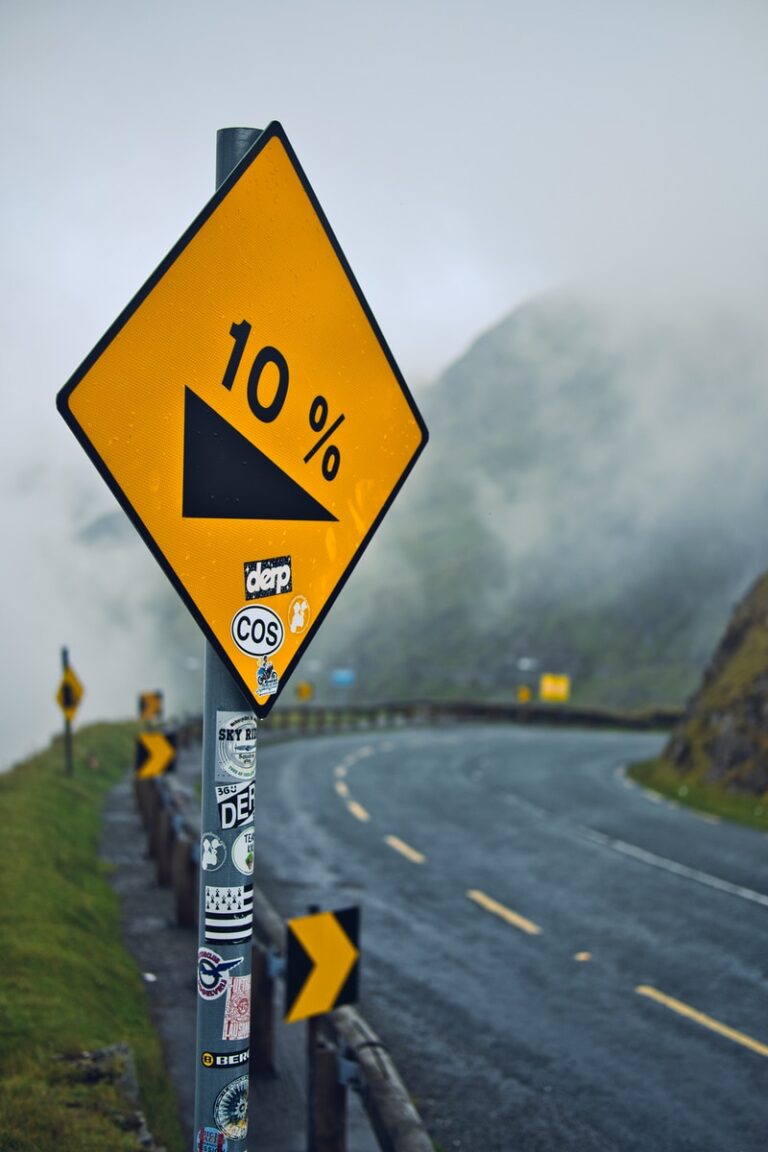LONDON. CBD FLOWER NOT NARCOTICS. ( English Language Version)
https://businessofcannabis.com/landmark-ruling-gives-hope-for-uk-cbd-flower-businesses/
.
This is a common sense and sound decision in the UK courts dismissing the view that low level THC flower is intoxicating. This judgement raises concern about the German position that CBD flower and low level THC is a narcotic. Germany unfortunatley seems increasingly isolated as the EU further promotes CBD.
The text below is written by BEN STEVENS in the Business of Cannabis magazine – link above
Ben Stevens:
A ‘landmark’ Court of Appeal ruling in the UK has set a new legal precedent for businesses in the UK importing and selling CBD or low-THC hemp flower.
Crucially, the Court of Appeal has made it clear that it does not consider hemp flower with a THC content below 0.2% as ‘a narcotic drug’.
Despite this, due to the timing and complexity of the case, this is far from the definitive free pass to import and sell low-THC flower that has recently been seen in France.
As Robert Jappie, Life Sciences Partner at Fieldfisher, explained to Business of Cannabis: “It doesn’t give the green light for these businesses to carry on and openly trade, but, at the same time, I think it substantially reduces their risk of criminal prosecution.”
Behind the complex legal implications of the ruling lie years of financial and mental anguish, persecution, and hard work by the business owners who enabled it. A story Business of Cannabis will be exploring in greater detail in the coming weeks.
The case
Uncle Herb, an online UK CBD flower retailer run by Eleanor Margiotta and Dean Taylor, had a batch of flower imported from Italy intercepted by customs in September 2019.
A year later, the owners were arrested and charged with ‘being knowingly concerned in the fraudulent evasion of a prohibition on the importation of goods’, as well as ‘being concerned in the supply of cannabis to another’, effectively charging them as drug dealers.
The charges, which were reportedly ‘devastating’ to the owners, effectively driving the retailer out of business, were challenged by Ms Margiotta, who is understood to have represented herself in court after initially being refused representation.
UK police forces class all cannabis sativa flower, regardless of THC content, as a controlled substance, an element of the Misuse of Drugs Act which has long hindered the CBD and hemp industries.
Despite this, Ms Margiotta successfully argued that under EU law, which superseded UK law at the time, it was unlawful to place any restriction on the movement of cannabis sativa, or hemp, with a THC level of below 0.2%, as it was an agricultural product.
Thus, the Misuse of Drugs Act was found to be a restriction on the movement of hemp, and the Crown Court ruled no offence had been committed.
The Crown Prosecution Service (CPS) then appealed this decision, meaning the decision was taken to the Court of Appeal, the highest court in the country, where the decision was upheld.
As Mr Jappie explained: “The judgement has now established case precedent. You wouldn’t normally be able to rely just on a Crown Court decision, but the fact that it’s gone up to the Court of Appeal and has been reviewed and reaffirmed means that it is now case precedent that other companies and other individuals can rely on.”

